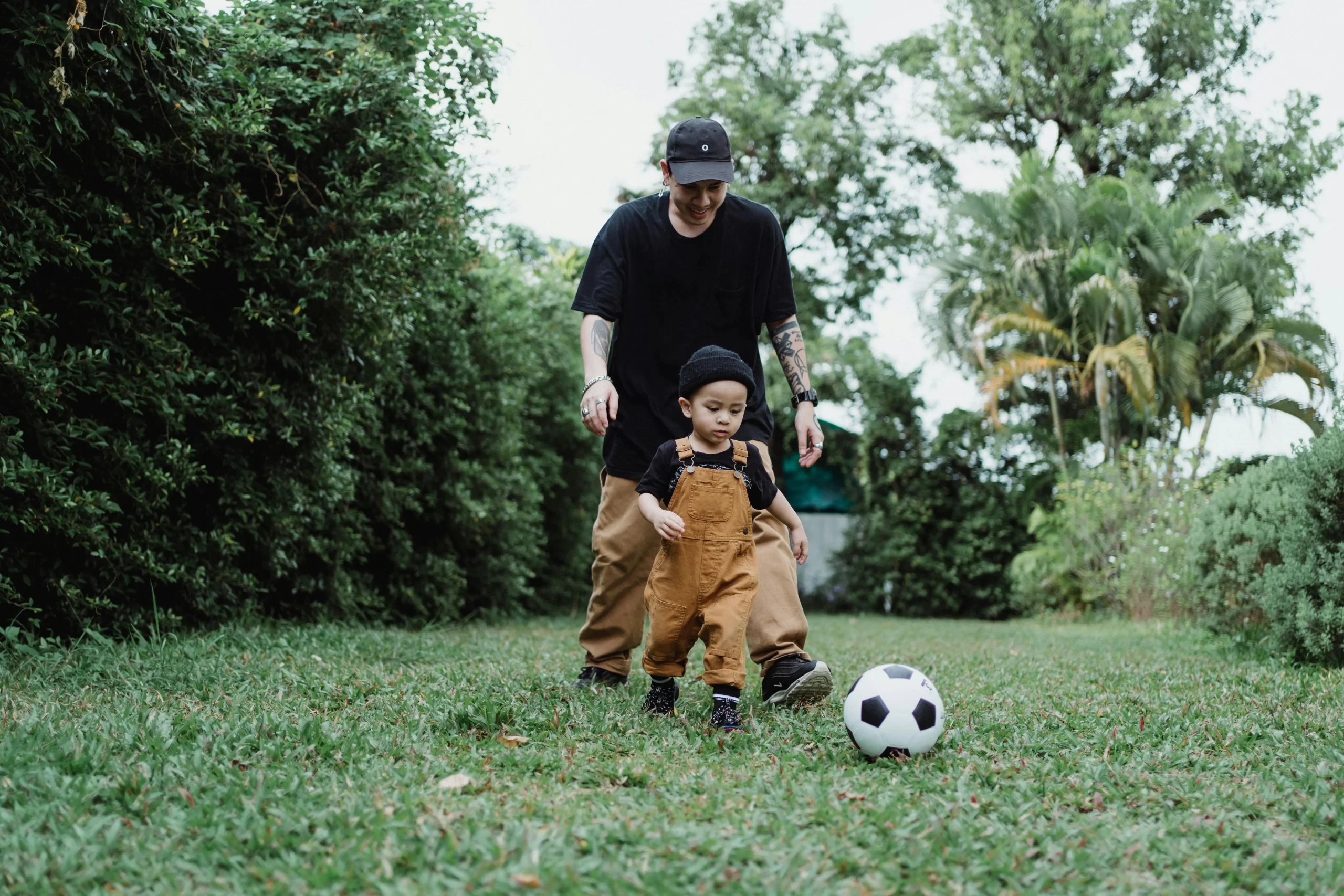Why Coping with Criticism is Essential for Athlete Growth and Success
As a parent of a young athlete, you’ve likely witnessed the highs and lows of competition. Your child may soar with confidence after a great performance, but what happens when they face criticism from coaches or peers? It can be disheartening to see their spirits dampened by negative feedback. However, learning to cope with criticism is crucial for their development, both as athletes and individuals. In this post, I’ll share practical strategies to help your child view criticism as an opportunity for growth. Together, we can foster resilience and a strong mindset that will serve them well in sports and beyond.
Understanding the Impact of Criticism
Before we dive into strategies, it’s essential to understand why criticism can be particularly challenging for young athletes. Here are a few key points to consider:
- Emotional Vulnerability: Young athletes are often still developing their self-esteem. They may take criticism personally, which can lead to feelings of inadequacy.
- Fear of Failure: The pressure to perform can make criticism feel like a threat, causing anxiety and a fear of making mistakes.
- Social Dynamics: In team sports, peer feedback can be harsh. Your child may struggle with balancing their desire for acceptance with the need to improve.
Recognizing these factors can help you guide your child through the process of coping with criticism.
Steps to Help Your Child Cope with Criticism
To support your child in developing resilience, consider the following steps:
1. Normalize Criticism
Start by having an open conversation about criticism. Explain that everyone, even professional athletes, faces criticism at some point. Share stories of famous athletes who overcame negative feedback. This normalization can help your child understand that criticism is a part of the journey.
2. Encourage a Growth Mindset
Teach your child about the growth mindset, a concept developed by psychologist Carol Dweck. This mindset emphasizes that abilities can be developed through dedication and hard work. Here’s how to promote it:
- Praise Effort Over Outcome: Focus on the effort your child puts into their sport rather than just the results. This reinforces the idea that improvement is a process.
- Set Learning Goals: Help your child set specific, achievable goals related to their performance. For example, instead of aiming to win a game, they might focus on improving their passing skills.
3. Teach Self-Reflection
Encourage your child to reflect on the criticism they receive. Ask guiding questions to help them process feedback constructively:
- What specific feedback did you receive?
- How can you use this feedback to improve?
- What steps will you take to address the areas of concern?
This self-reflection fosters a sense of ownership over their development and encourages them to take actionable steps toward improvement.
4. Role-Play Scenarios
To prepare your child for real-life situations, consider role-playing scenarios where they might receive criticism. This practice helps them develop coping strategies and responses. For example, you could simulate a conversation with a coach or teammate.
- Responding Positively: Teach them to respond with phrases like, “Thank you for your feedback, I’ll work on that,” instead of becoming defensive.
5. Build a Support Network
Encourage your child to surround themselves with supportive friends, family, and coaches. A strong support network can make a significant difference in how they perceive and respond to criticism. Remind them to seek constructive feedback from trusted sources who genuinely want to help them improve.
6. Celebrate Progress
Make it a habit to celebrate small victories and improvements, no matter how minor they may seem. This practice reinforces the idea that growth is a continuous journey. You might consider:
- Keeping a journal of achievements, no matter how small.
- Setting aside time each week to discuss progress and what they’ve learned from both successes and setbacks.
7. Model Resilience
As a parent, your response to criticism can significantly influence your child’s mindset. Share your experiences with criticism, whether in sports, work, or life. Show them how you handle negative feedback and turn it into a learning experience. Your example can inspire them to approach criticism with a positive attitude.
Troubleshooting Common Issues
Sometimes, despite your best efforts, your child may still struggle with criticism. Here are some troubleshooting tips:
- Address Anxiety: If criticism leads to anxiety or fear of failure, consider seeking support from a counselor or sports psychologist who specializes in youth sports.
- Identify Triggers: Help your child identify specific triggers that make criticism feel more impactful. Understanding these triggers can help them prepare mentally.
- Reinforce Positive Self-Talk: Encourage your child to practice positive affirmations. Remind them of their strengths and past successes to counteract negative feelings.




